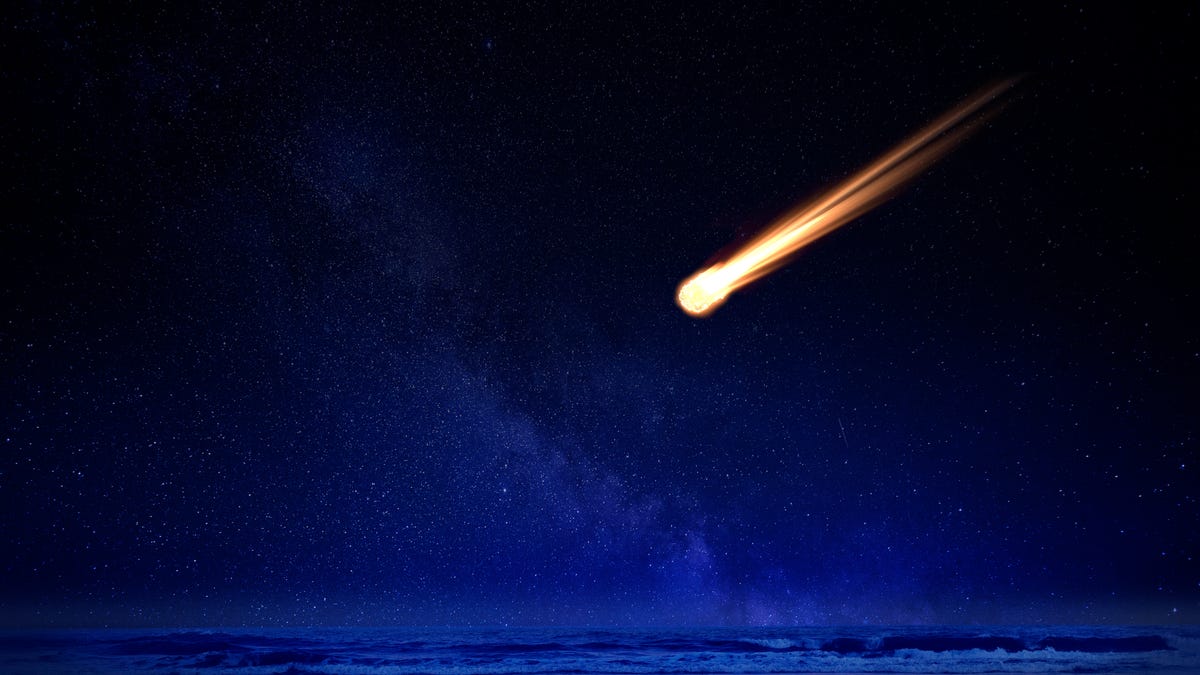Two active meteor showers are coming this week
The Southern delta Aquariids and alpha Capricornids will peak Monday and Tuesday.

Between Monday and Tuesday, two meteor showers will peak.
If you're looking for something to do past midnight Monday and into early Tuesday, watching two meteor showers should be on your radar. The Southern delta Aquariids and alpha Capricornids will be peaking, according to the American Meteor Society.
Meteors are space rocks that glow from the heat generated when they pass through Earth's atmosphere.
The Southern delta Aquariids -- which lack fireballs (sorry, Dragon Ball Z Fans) and trains -- will appear best to those who reside in the southern tropics, and will remain active until Aug. 23. If you can see it, you'll be able to witness between 10 and 20 meteors per hour.
The alpha Capricornids, on the other hand, will remain active until Aug. 15, and are characterized by "bright fireballs." Luckily, anyone on either side of the equator can view this meteor shower. You can expect to see five meteors per hour.
Can't watch the meteor showers tonight? There's still good news.
Two other major meteor showers for view will surface later this year. The Southern Taurids -- rich with fireballs -- will remain active from Sep. 10 to Nov. 20, peaking at around Oct. 9 and 10. During this meteor shower, the moon will illuminate at 87% full. Additionally, you have the Orionids, which are active from Oct. 2 to Nov. 7 and peak between Oct. 21 and 22. It's important to note the moon will be 45% full during the Orionids, and in the past it has boasted 50 to 75 meteors per hour.
The American Meteor Society did not immediately respond to a request for comment.

